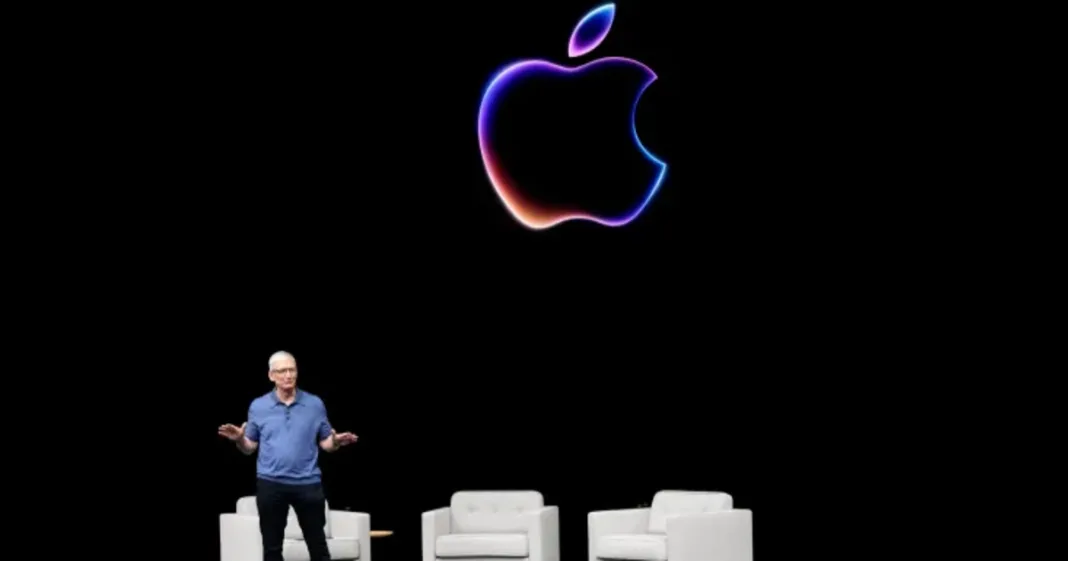At its recent Worldwide Developers Conference (WWDC), Apple unveiled a significant shift in its AI strategy, marking a major partnership with OpenAI. This strategic move is aimed at revitalizing Siri and integrating advanced AI capabilities across Apple’s ecosystem, from iOS to macOS.
Introducing Apple Intelligence
Apple announced the launch of “Apple Intelligence,” a personalized AI system designed to enhance user experience across its devices. The initiative reflects Apple’s commitment to staying competitive in the AI race, a field where rivals like Microsoft and Google have made significant strides. Apple Intelligence aims to streamline user interactions with Apple devices, making them more intuitive and responsive.
Read More: Apple introduces revolutionary password management app
Siri Meets ChatGPT
A cornerstone of Apple’s new AI strategy is the integration of OpenAI’s ChatGPT with Siri. Starting with iOS 18, iPadOS 18, and macOS Sequoia, Siri will leverage ChatGPT’s capabilities to provide more nuanced and comprehensive responses. For instance, when users ask Siri for meal ideas, it can connect with ChatGPT to offer detailed suggestions, provided the user consents to sharing the query. This integration is designed to handle a variety of tasks, from summarizing documents to generating creative content, without the need to switch between different tools.
User Control and Privacy
Apple is emphasizing user control and privacy with its AI features. Siri will always seek user permission before sending queries to ChatGPT, ensuring that users are aware of when and how their information is being shared. Moreover, Apple has pledged that users can access ChatGPT for free without creating an account, and that user requests will not be logged. This approach aims to address common concerns about data privacy and the potential misuse of AI-generated information.
Expanding AI Across Apple’s Ecosystem
Beyond Siri, Apple is integrating ChatGPT into several of its apps. For instance, the Writing Tools app will use AI to help users draft and edit text, while the Compose Music video editor will offer AI-driven suggestions to enhance video projects. These features highlight Apple’s strategy to embed AI deeply into its ecosystem, making advanced capabilities accessible to a broad user base.
Addressing AI Hallucinations
One of the challenges of generative AI, including ChatGPT, is the potential for “hallucinations” — generating incorrect or misleading information. Apple is addressing this issue by including prominent warnings with AI-generated responses, advising users to verify important details. This cautious approach is designed to mitigate the risks associated with AI inaccuracies while still leveraging the technology’s creative potential.
Targeting Consumers Over Enterprises
Unlike its competitors, who are focusing heavily on enterprise applications, Apple is tailoring its AI features to individual consumers. This strategy leverages Apple’s vast user base, which exceeds one billion devices globally. By focusing on consumer needs, Apple aims to differentiate itself in the crowded AI market.
Read More: iOS 18 to Introduce Generative AI as “Apple Intelligence”
Apple’s partnership with OpenAI and the introduction of Apple Intelligence are poised to reshape the competitive landscape of AI. While Apple has historically been more conservative in touting its AI capabilities compared to Microsoft and Google, this bold move signals a new era of innovation for the tech giant. Investors and consumers alike are watching closely to see how these developments will influence Apple’s market position and its long-term AI strategy.














